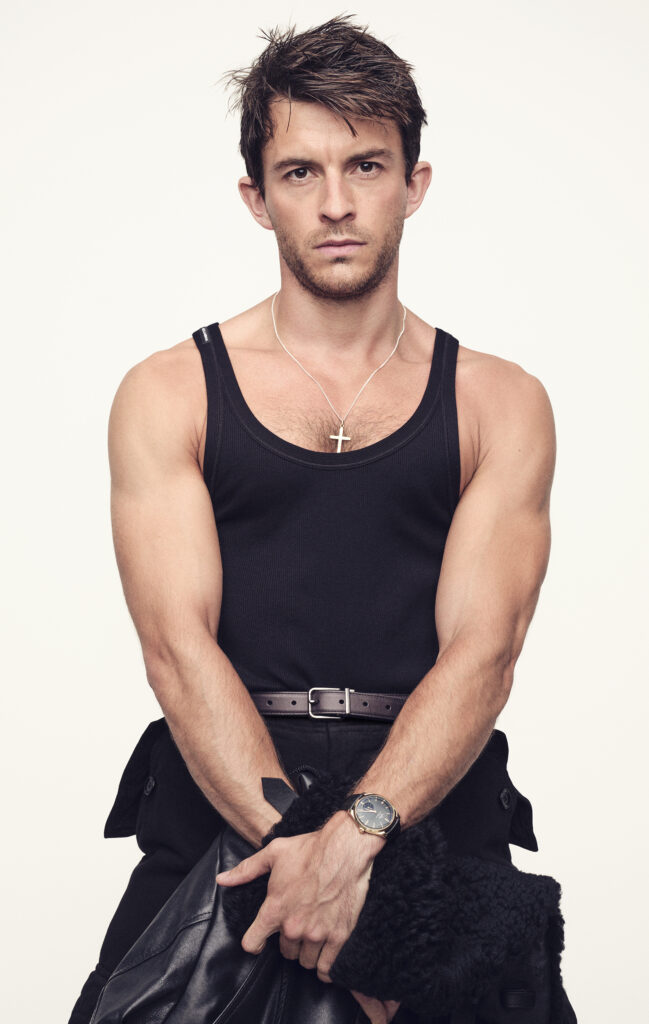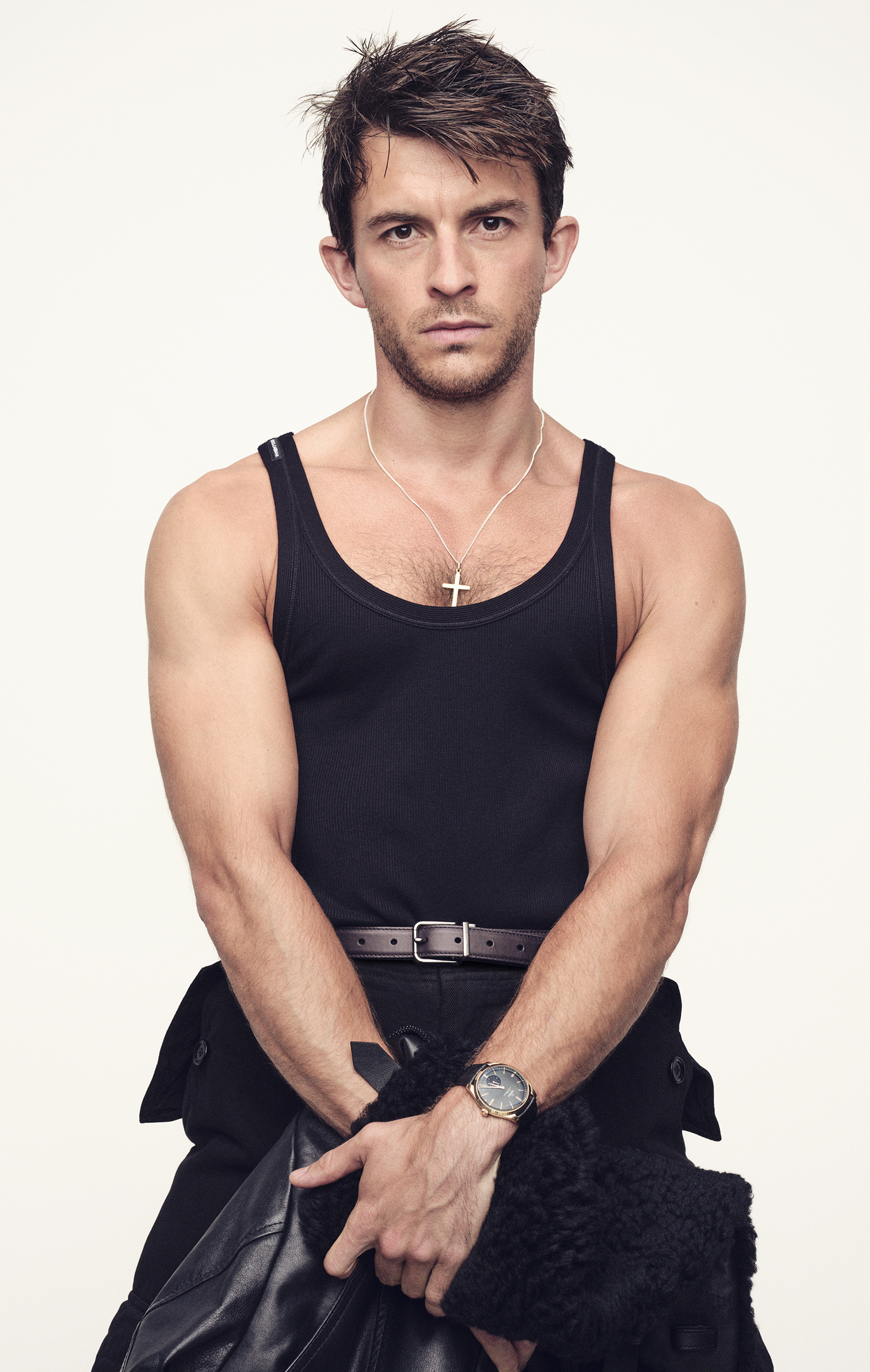The ‘50s was possibly the most criminalized time for gay people working in the U.S. government. Along with the Red Scare, the obsessive hunt for communists led by Wisconsin Senator Joseph McCarthy, came the Lavender Scare, a just-as-feverish and convoluted mass expulsion of LGBTQ+ people in government. Also led by McCarthy. (His flare for color-branded movements does not escape me.)

In a piece for Prologue Magazine, a publication of the U.S. National Archives and Records Administration, archivist Judith Adkins wrote that historians “estimate that somewhere between 5,000 and tens of thousands of gay workers lost their jobs during the Lavender Scare,” setting off a systemic dearth of queer people in government jobs (and, furthermore, positions of power). This moral panic set the community back so drastically that the State Department formally apologized for it in 2017. It is at this point in history, McCarthy-era Washington, that Showtime’s latest episodic Fellow Travelers follows the complex, steamy, and, frankly, unfair relationship between two gay men in—you guessed it—politics.
Now that context has been established, let’s get into the meat of this story. It’s pretty juicy.
Within the first five minutes of episode one, it becomes abundantly clear that Hawkins (or “Hawk”) Fuller, played by Matt Bomer, has been in a bearded marriage with Lucy Smith, perfectly cast as Allison Williams, for roughly 30 years. At that point in the show, it is 1986. It then flashes back to the ‘50s, Lavender Scare time. Hawk is a perfect-looking guy in politics, he’s unmarried, horny, and even though he’s young, he’s already jaded.

Sitting at what seems to be someone’s campaign cocktail night, bored and having just hooked up with a sex worker whom he was a complete asshole towards, Hawk is lost in thought until he catches the eye of a boyish Tim Laughlin, played by our latest digital cover star, Jonathan Bailey. He is a skittish, sweaty, but likable new face in Washington and he’s sitting across the bar from Hawk. Laughlin orders a glass of whole milk. For some reason, this inspires Hawk to make a move.
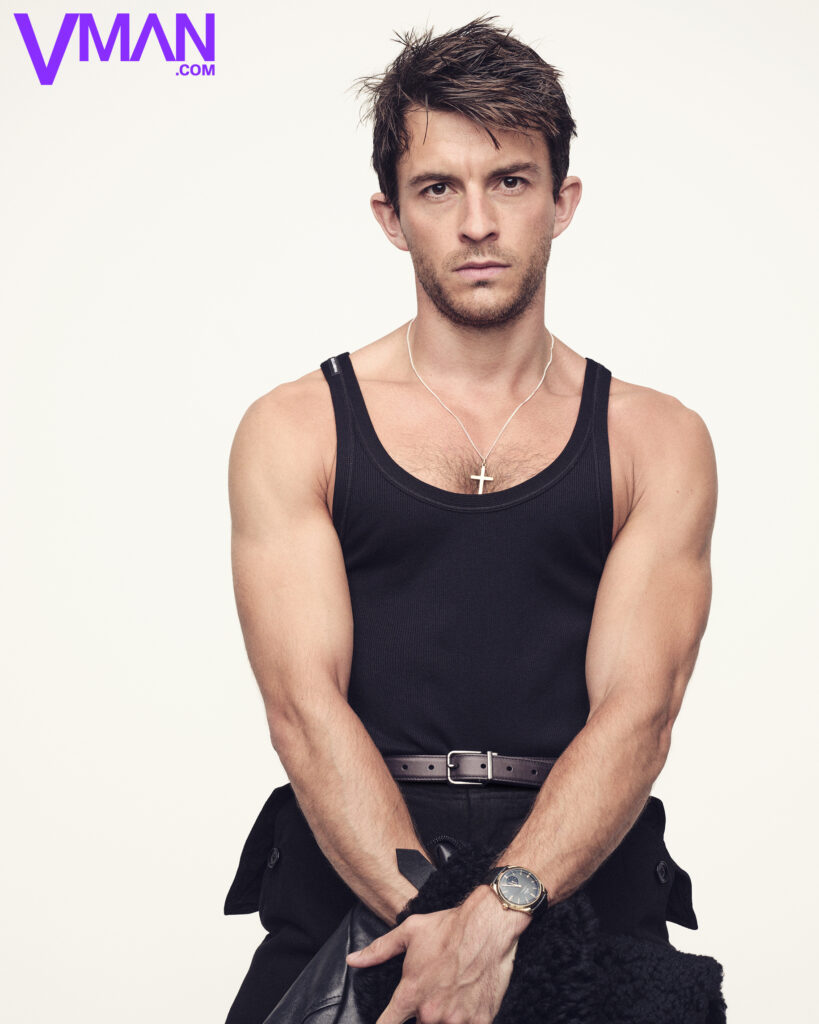
They go elsewhere to act coy and bond over religious trauma—like straight guys do. The theme of religion is heavy throughout Laughlin’s journey and Bailey does an exceptional job of portraying the ceaseless awareness of Him particularly to queer people with religious backgrounds. Church aside, the two hook up. When Hawk is getting dressed, Laughlin (or as Hawk has dubbed him, “Skippy”) begins to ask him personal questions and Hawk snaps, “I don’t like being questioned like a witness at one of McCarthy and Cohn’s show trials.” Which, at the time, would’ve been a perfectly reasonable source of paranoia. In 1953, President Eisenhower signed an executive order banning queer people from government.
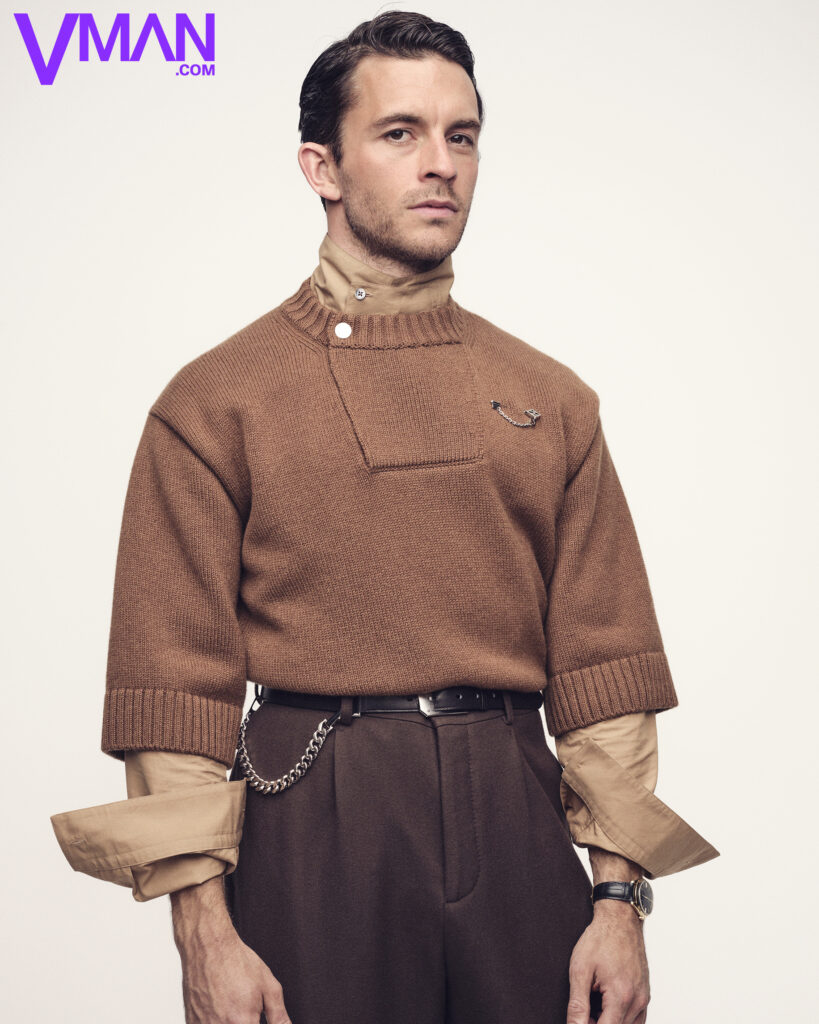
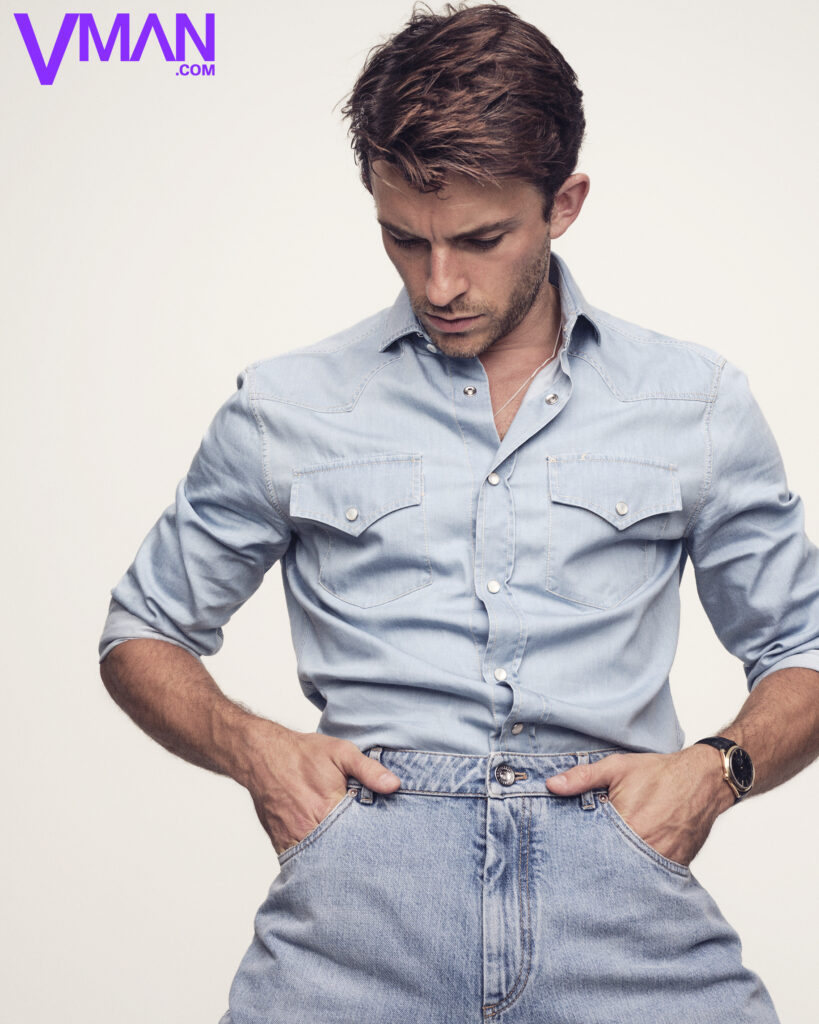
After that night, the two embark on a tumultuous, decades-long romantic relationship filled with the sort of nuanced intricacies and bedroom scenes that gave us—or, at least, me—a peek into the dizzying and looming assignation of power between cisgender men. It begged the question: In a world meant to benefit men or else, how often does one come by an effortless and peaceful resolution in a guy-on-guy relationship? Is sex always tied to power?
Fellow Travelers also explored the concept of sliding doors. Early in the show, it’s revealed that Skippy is sick with AIDS. Actually, everyone is sick with AIDS. It’s San Francisco and it’s the ‘80s, Hawk hasn’t seen Skippy in years. It seemed that every time one of them had gathered up the courage to embrace their relationship, it was the wrong time for the other. For a gay show, Fellow Travelers fully delivers in its beautifully (painfully) drawn-out depiction of queer people’s favorite pastime: Longing.
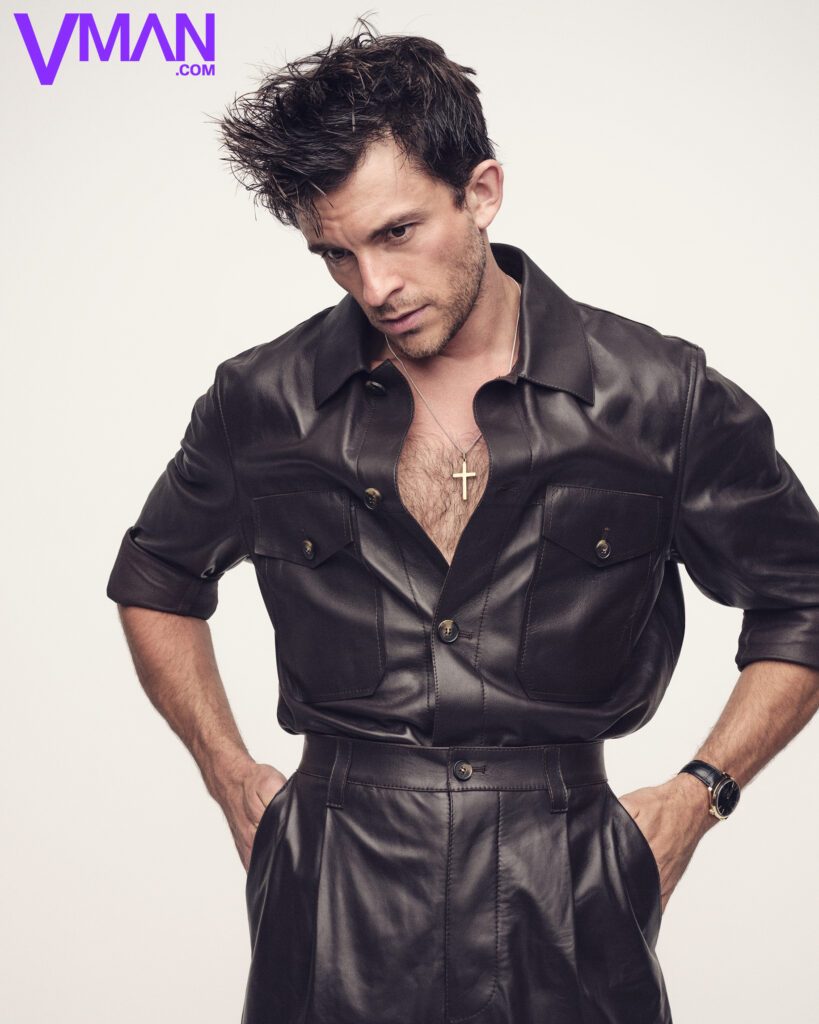
Its intricate plot is made even more compelling by the fact that the actors who portray Hawk and Skipper, Matt Bomer and Jonathan Bailey, are openly gay themselves. This casting decision underscores the importance of queer people being represented by other queer people—even if for no other reason than it making better television. Even though the question of whether or not straight actors can and should play gay people may never be definitively answered, it’s almost guaranteed for a performance to feel all the more riveting when an actor doesn’t have to think too hard about a time in which their identity would have been criminalized.
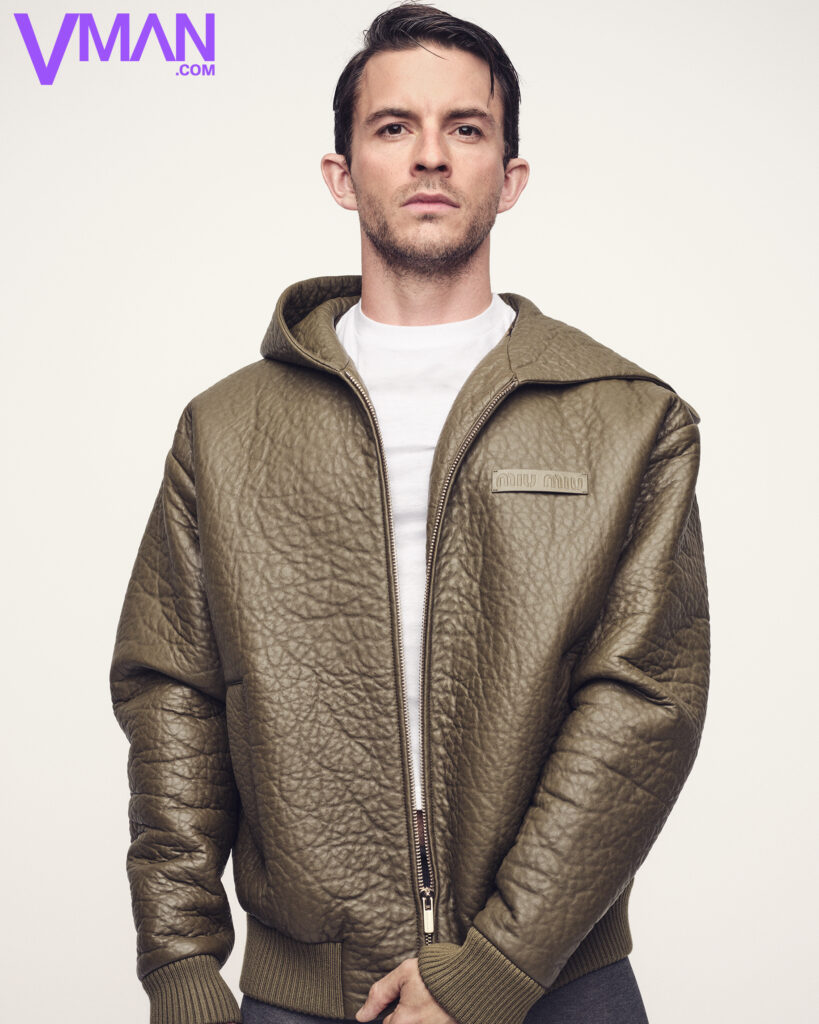
Such is the case when it comes to Jonathan Bailey’s work. Known more recently for his role as the brooding Anthony Bridgerton in the popular Netflix series, Bridgerton, Bailey has been performing, as one Shondaland writer put it, “82% of his life.”He’s no novice to the stage or camera, yet something about his portrayal of Skippy felt so refreshingly right. In the same story for Shondaland, the writer says that “Bailey is totally protective of his character and feels a deep responsibility in playing him, and has done the work to get to the depths of Anthony’s psyche.” The same could be said of his relationship to his Fellow Travelers character. The audience can feel his internal conflict, his charm, his undeniable chemistry with Hawk, and his heartbreak.
He gets Skippy on a human level most actors can’t achieve. As the saying goes, “Real acting is impossible to spot,” and it seems like Bailey has gotten away with his most authentic performance to date.
Photography Nathaniel Goldberg
Fashion Gro Curtis
Creative Director / Editor-In-Chief Stephen Gan
Casting Greg Krelenstein (gk-Id Projects)
Groomer Mary-Jane Gotidoc
Producer Michaël Lacomblez (Louis2)
Production manager Ambre Silvestre (Louis2)
Digital technician Sarah Reimann (Imagin Productions)
Photo assistants Aurélien Nobécourt, Sebastian Mccluskey
Stylist assistant Jadzia Scott
Location Big Sky Studios
Discover More
